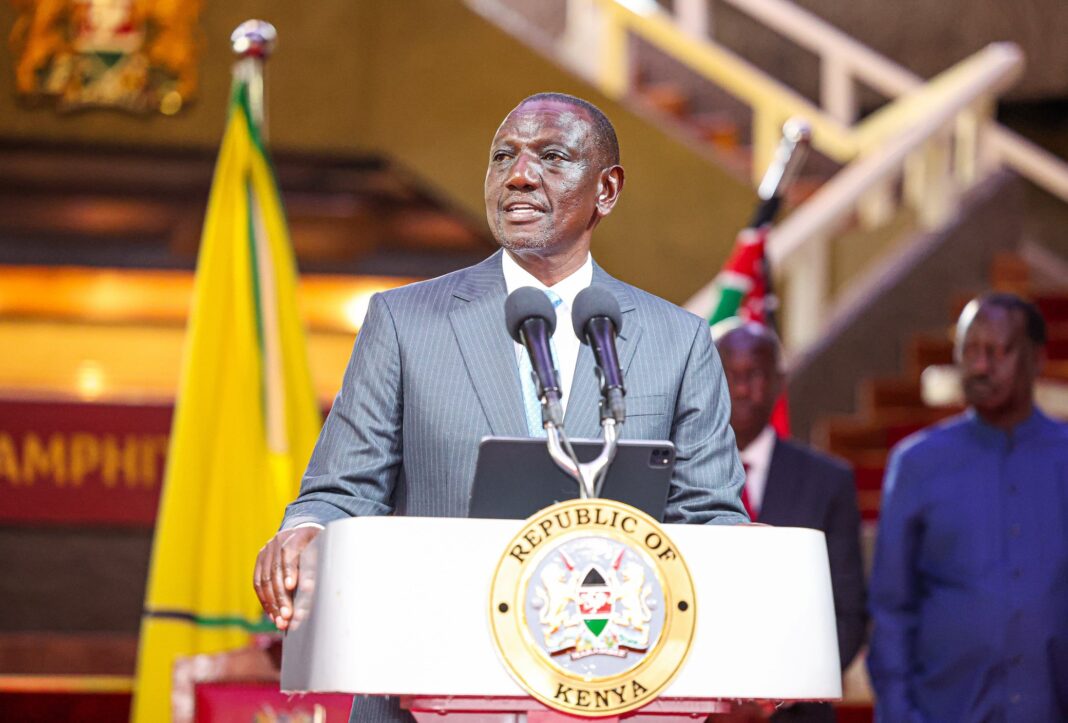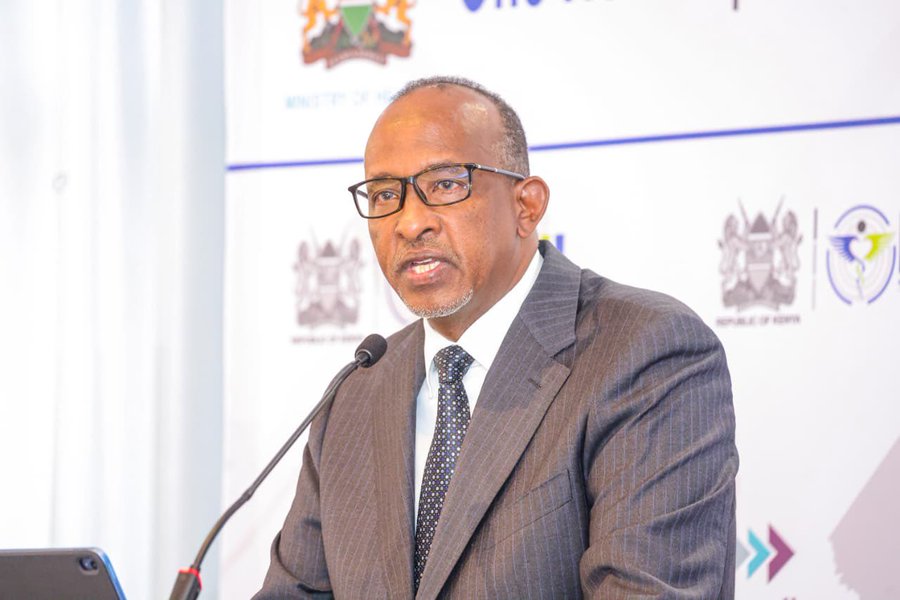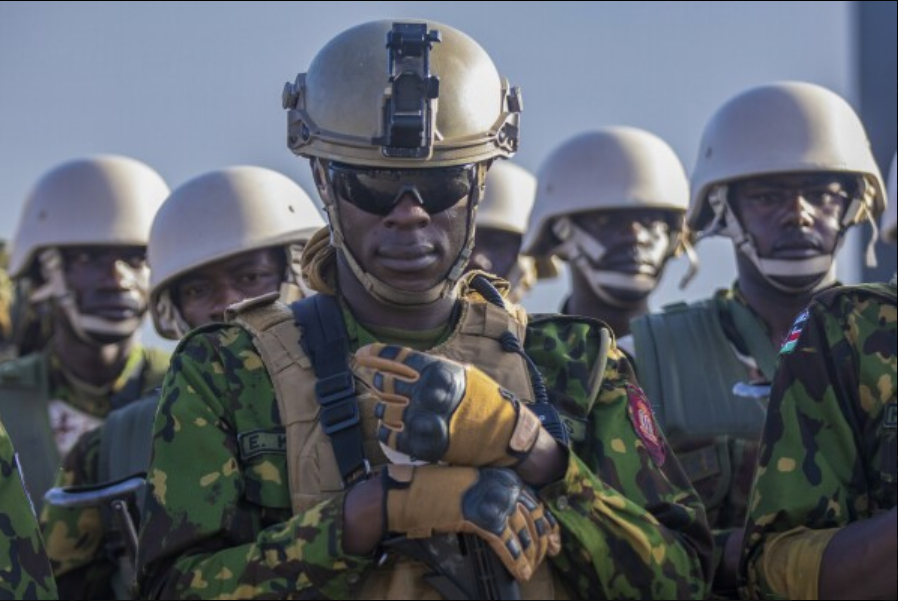President William Ruto is set to engage in high-level discussions with His Highness Prince Rahim Aga Khan V during his first official visit to Kenya since assuming leadership of the Ismaili community.
Prince Rahim, who succeeded his late father Aga Khan IV in February 2025, arrived in Nairobi on Monday, August 25, for a three-day visit at Ruto’s invitation.
The talks will focus on strengthening Kenya’s partnership with the Aga Khan Development Network (AKDN), which has long been a vital partner in healthcare, education, and development.
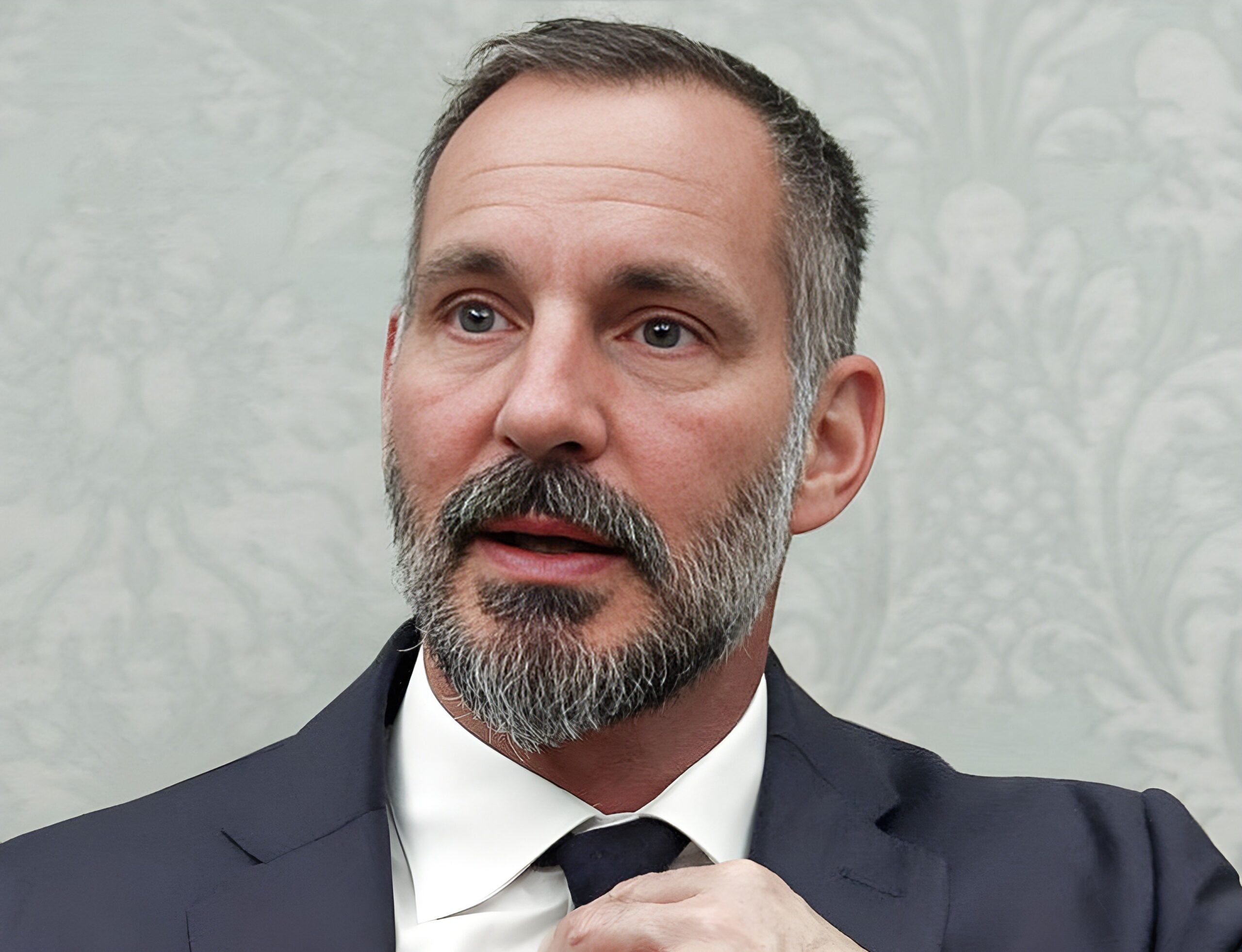
Prince Rahim Aga Khan in Nairobi for Landmark Talks with Ruto
The visit by Prince Rahim Aga Khan in Nairobi is historic, marking his first official engagement in the country since he was installed as the 50th hereditary Imam of the Shia Ismaili Muslims. He was warmly received at Jomo Kenyatta International Airport by Foreign Affairs Cabinet Secretary Musalia Mudavadi, who underscored the significance of this maiden tour.
“Kenya today welcomed a historic visit as I received His Highness Prince Rahim Aga Khan V, who is in the country for his first official engagement since succeeding his late father,” Mudavadi stated.
The meeting between Ruto and Prince Rahim is expected to outline new frameworks of cooperation between the Kenyan government and AKDN, which has left a lasting footprint in East Africa. The talks are expected to cover priority areas such as healthcare access, quality education, environmental sustainability, and inclusive economic growth.
Prince Rahim’s presence in Nairobi comes just months after President Ruto honored him with Kenya’s highest civilian award, the Chief of the Order of the Golden Heart (C.G.H.), in recognition of his service through AKDN. His sister, Princess Zahra Aga Khan, was also conferred the Elder of the Order of the Golden Heart (E.G.H.) for her development work.
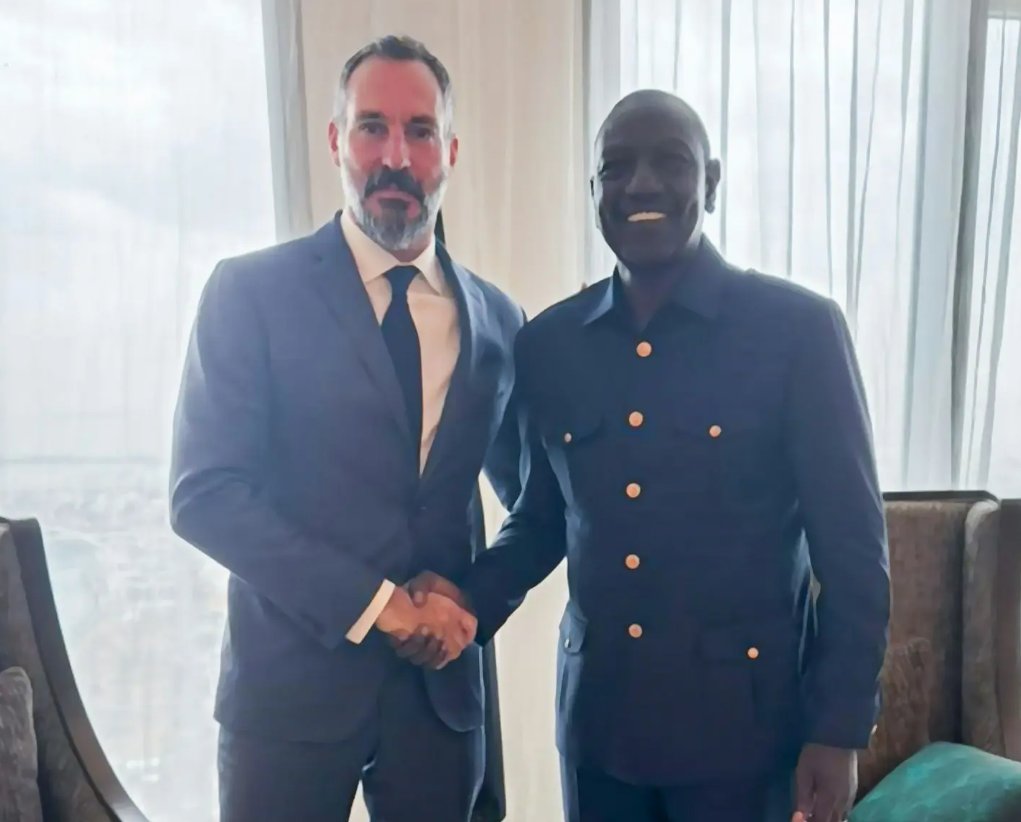
Legacy of the Aga Khan Development Network in Kenya
The Aga Khan Development Network has been one of Kenya’s most consistent development partners for decades, transforming the lives of millions of citizens. Its footprint spans multiple sectors, making it one of the most influential international organizations operating in the country.
In healthcare, the Aga Khan University Hospital and its affiliated clinics provide world-class medical services, while the Aga Khan Health Services has been central in delivering maternal and child health programs. In education, the Aga Khan Academy in Mombasa and the Aga Khan University continue to nurture talent and foster research.
Beyond healthcare and education, AKDN also plays a pivotal role in media through the Nation Media Group, as well as environmental sustainability and economic empowerment initiatives, including rural support programs that target vulnerable communities.
Prince Rahim, who has led the network’s environmental and climate resilience programs, is expected to discuss how Kenya and AKDN can strengthen partnerships in clean energy, sustainability, and digital transformation—sectors critical to the country’s long-term growth.
Ruto’s Strategic Engagement with the Ismaili Leadership
For President Ruto, the talks with Prince Rahim Aga Khan in Nairobi are not only about honoring tradition but also about positioning Kenya as a key partner in regional development. By hosting the new Imam in his first official African tour, Ruto signals Kenya’s readiness to deepen ties with the Ismaili community and expand on the work already done by the late Aga Khan IV.
Born in Geneva in 1971, Prince Rahim is the eldest son of the late Aga Khan IV. He studied at Brown University and IESE Business School before dedicating himself to AKDN, with a particular focus on climate change and environmental projects. His sister, Princess Zahra, a Harvard graduate, also holds senior positions within AKDN and has been instrumental in its global expansion.
The visit provides an opportunity to reaffirm AKDN’s role in Kenya’s Vision 2030 development agenda, with both Ruto and Prince Rahim expected to outline joint efforts that will accelerate progress in healthcare delivery, educational reforms, climate adaptation, and job creation.
The outcome of the Nairobi talks will likely shape Kenya’s future partnership with the Ismaili community and AKDN, with a strong focus on sustainability and inclusive growth.
Conclusion
Prince Rahim Aga Khan in Nairobi marks not just a symbolic visit but a pivotal moment in Kenya’s development diplomacy.
His talks with President Ruto are set to redefine cooperation between the state and AKDN, ensuring that the legacy of his late father continues through deeper partnerships in healthcare, education, climate resilience, and community empowerment.
For Kenya, this visit is more than ceremonial—it is a strategic opportunity to secure long-term collaboration with one of the world’s most influential development networks.
